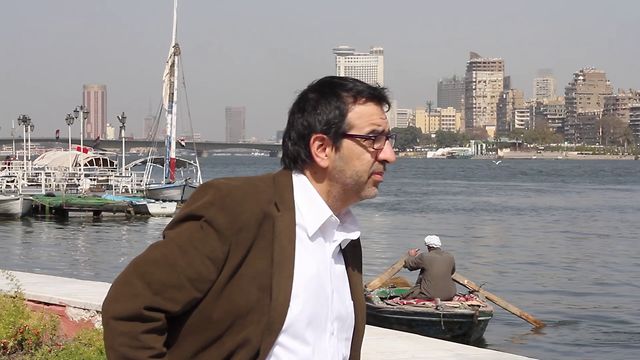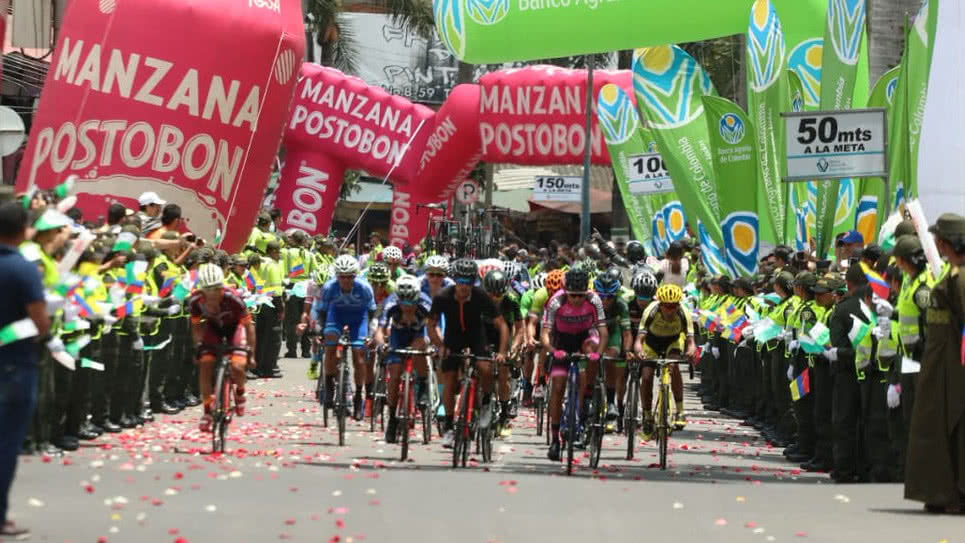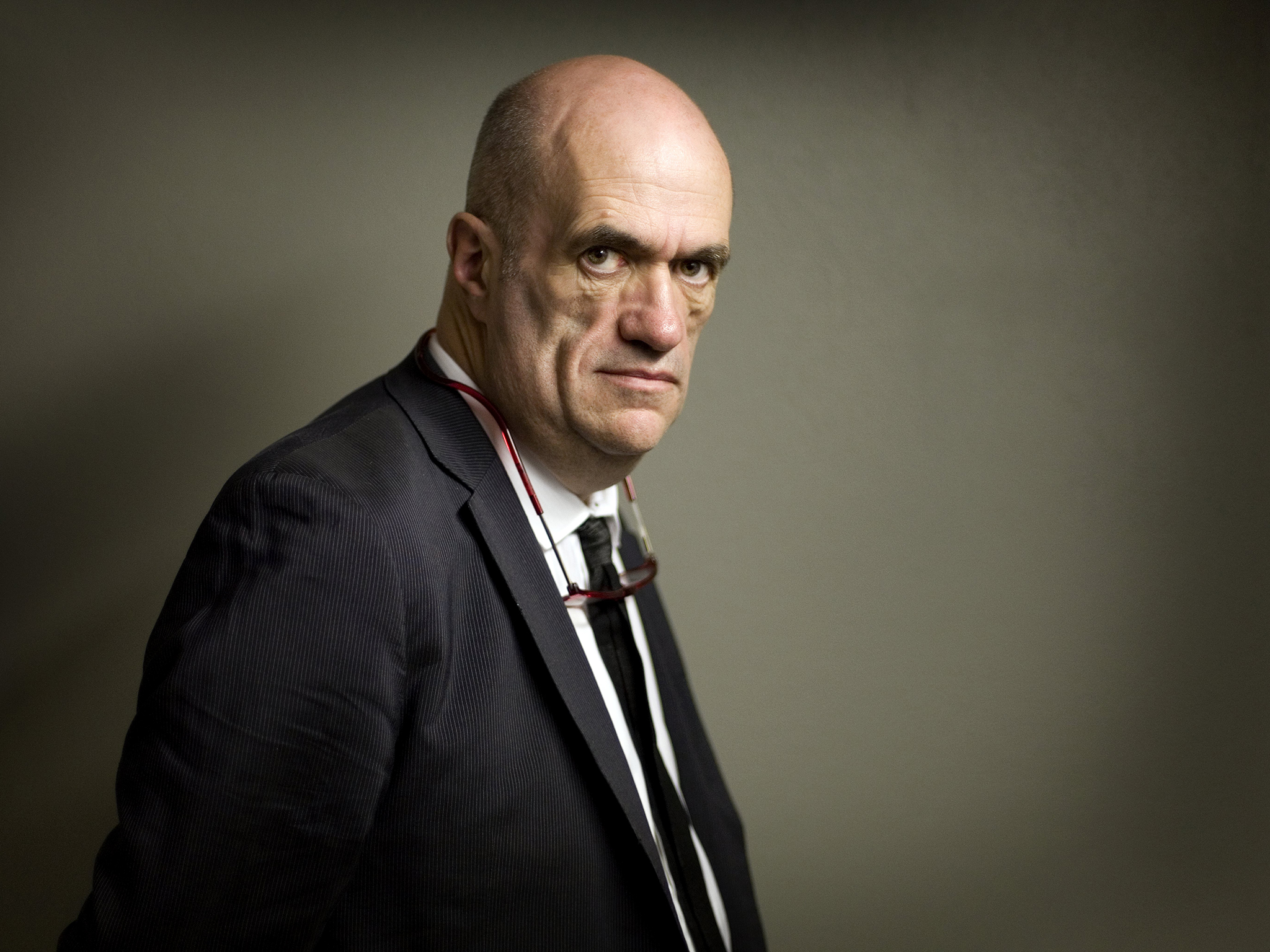Copy: The National, Gulf Life, Vision, The Observer
This spring I’ve been busy with the International Prize For Arabic Fiction – colloquially known as the Arabic Booker – for a number of publications. First I spoke with one of the nominees, Ezzedine Choukri Fishere for Gulf Life, the inflight magazine of Gulf Air. I can’t link to the actual story, but you can read it here – it’s on page 20.
His nominated book, Embrace On Brooklyn Bridge seems ripe for translation, not least because it’s set in New York. Nevertheless, Fishere told me he still thought it was a Arab story, about “the challenges and difficulties of being an immigrant”. Hopefully the exposure from the nomination will find him a publisher in the English speaking world.
And that was the gist of my piece for Vision, which is a magazine promising “fresh perspectives from Dubai”. In the week of the prize (the ceremony is held in the UAE), I spoke to Ali Bader, who was longlisted in 2009 and 2010. “I have to say my experience with The Tobacco Keeper in 2009 was really amazing,” he told me. “Suddenly, the Arabic version was selling out everywhere. But then work began on the English translation, and there are French, German and Chinese versions to come. It’s lovely to think I might have a global audience!”
What’s encouraging about Bader’s experience is that he didn’t even win. But the publicity from being nominated was enough to encourage interest across the world – and sure enough the Kindle version of The Tobacco Keeper is available to download from Amazon now.
In the end, the prize was taken home by Rabee Jaber’s The Druze Of Belgrade, a historical novel set in 1860s Beirut, Belgrade and the Balkans. The ever excellent Arablit blog said he was a deserving winner so it’ll be fascinating to see how it turns out in English – the rights have already been signed up by New Directions.
Let’s hope we don’t have to wait two years – because that’s how long it’s taken Egyptian writer Youssef Ziedan’s prize-winning Azazeel to reach English bookshelves. I’m told the translation was actually completed a while ago so it seems bizarre that Atlantic sat on it for so long. Particularly because it’s a fascinating read: Ziedan is a deep thinker about the time in which he writes (the Middle East in the 5th century) and it was intriguing to talk to him in The National about the controversy the book has caused in his homeland. Members of The Coptic Church even filed lawsuits, so offended were they by depictions of an aggressive, pagan-purging Bishop Cyril.
“Judaism, Christianity, Islam – you can’t understand one without the other, and I wanted to try and explore how the past still works in the present,” he told me – which is probably the best reason for encouraging people to read Arabic fiction in translation: it’s a window into a world we know very little about beyond the headlines in the papers.
Still, everyone who I’ve spoken to in the past few months has been at pains to point out that the increase in interest in the literature from Arab world is great – but it will mean nothing long term if the work isn’t high quality. Which brings me to the review I wrote of Azazeel in The Observer. I had my misgivings, but generally, Ziedan’s book will last long after the focus has shifted somewhere else in the world.
It’s been a good Arab spring for literature.


